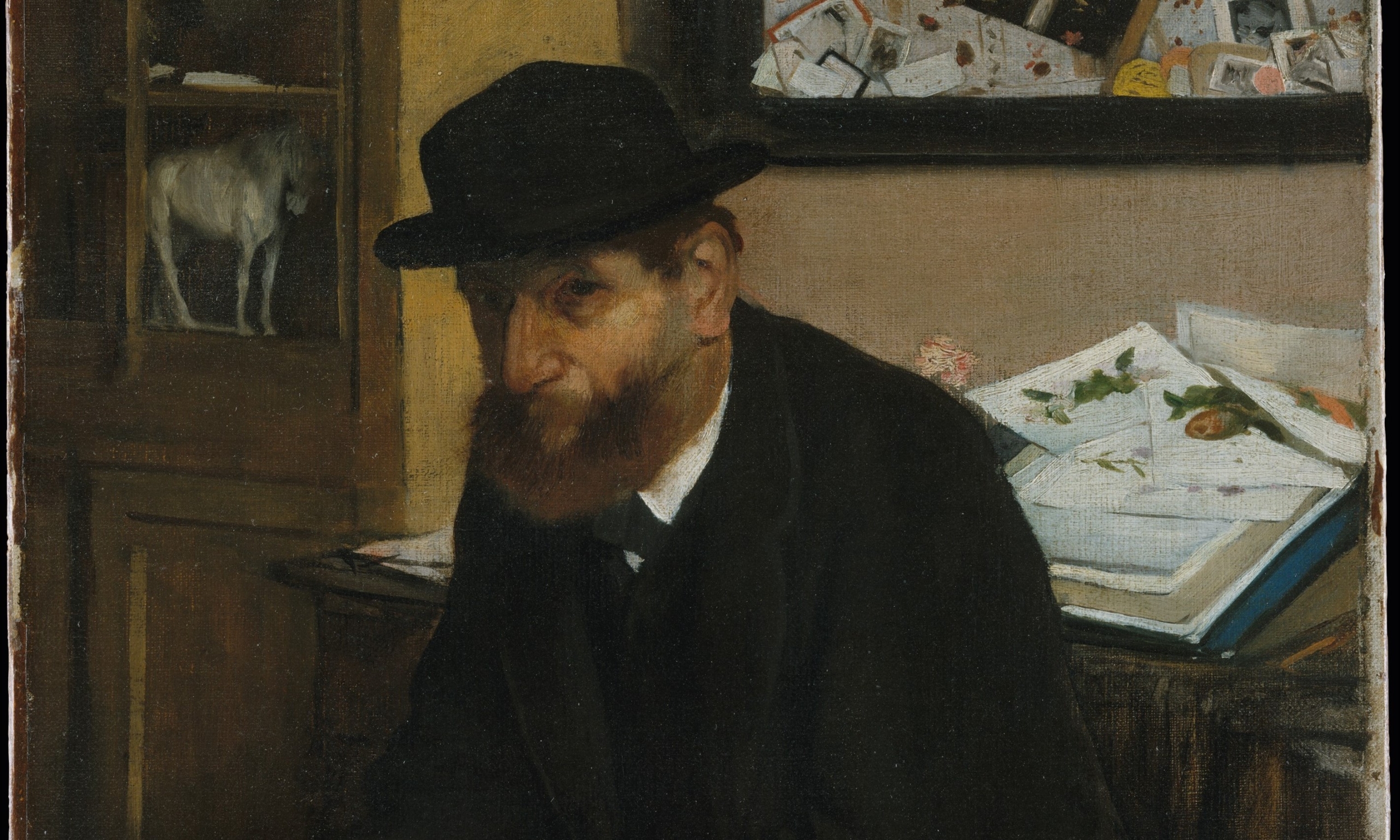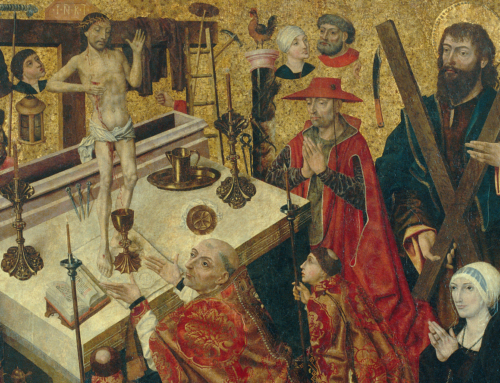Six-foot spacing, facemasks, Zoom calls. During the spring of 2020 we have lived in a period of attenuated relationship. We cannot be close to our loved ones, we obscure our faces, we communicate through a grainy medium. Seeking community with others, we meet constant frustration. While some have suffered terribly from the physical disease, all have suffered from isolation, to one degree or another.
The last few months have proven that “social distancing” is fundamentally anti-social. Attenuated relationships are fundamentally deficient relationships. But even before COVID, we often engaged in the voluntary loneliness of self-imposed social distancing.
Dorothy Day once observed while living in Manhattan the sadness that infused her middle-class neighborhood: “Here I was surrounded by the ordinary American with his own desire for privacy, for going his own way. I shall never forget that … [apartment building] where each one was isolated from the other, each afraid another would ask something from him” (The Long Loneliness, 154). Real relationships with others requires openness and vulnerability, which is impossible if we overemphasize individualistic privacy. Pope Emeritus Benedict XVI also noticed this when he described the havoc wrought “by man’s basic and tragic tendency to close in on himself, thinking himself to be self-sufficient or merely an insignificant and ephemeral fact, a ‘stranger’ in a random universe” (Caritas in Veritate, 53).
The current crisis has reminded us that we are not self-sufficient. None of us really want to be alone, fearful of dying unnoticed by our neighbor and by God. A life alone in an apartment watching Netflix is no life at all. Humans are fundamentally social creatures, desiring authentic relationships and extreme social distancing is an unnatural state. This is why we can’t help ourselves during these days but to call out to old roommates or estranged neighbors. This is also why we can’t help ourselves but to make a sigh toward God in the quiet prayer of the heart. Prayer reaches for the most authentic relationship of all: the one with the Triune God. Christ came in order to reestablish an authentic relationship between humans and the divine.
Some parts of the country are entering a period of “phased reopening” of the economy, parks, and other civil services. However, it is clear that more fundamentally, we must reopen our hearts to God and to our neighbor. At some point in the next year we will be able to close the six-foot gap, remove the facemasks, and ditch the Zoom meetings. This will go a long way toward reestablishing our human relationships.
However, we can also consider ways of deepening our relationship with God. Christ has shown us the way to an unattenuated relationship with God. It starts with prayerful reading of Scripture, through which God speaks to each man and woman across the gap of space and time. It proceeds to the sacrament of Reconciliation, in which Christ removes the film of sin that hides our face from the Father. It culminates in the reception of Holy Communion, in which we find unmediated contact with Jesus Christ really present in the Eucharist. Through Scripture, prayer, and the sacraments, God closes the “social distance” between us and Him. Although “for now we see in a mirror, dimly,” if we persevere in God’s love, we will one day see Him “face to face” (1 Cor 13:12). This is the authentic, unmediated relationship which all humans desire.
✠
Image: Edgar Degas, The Amateure







